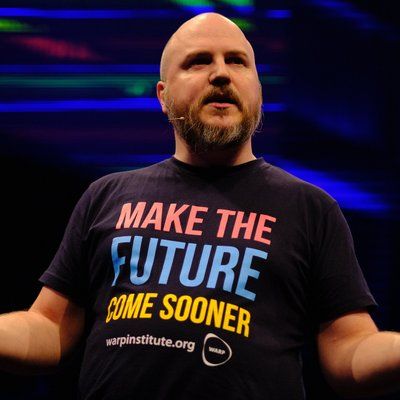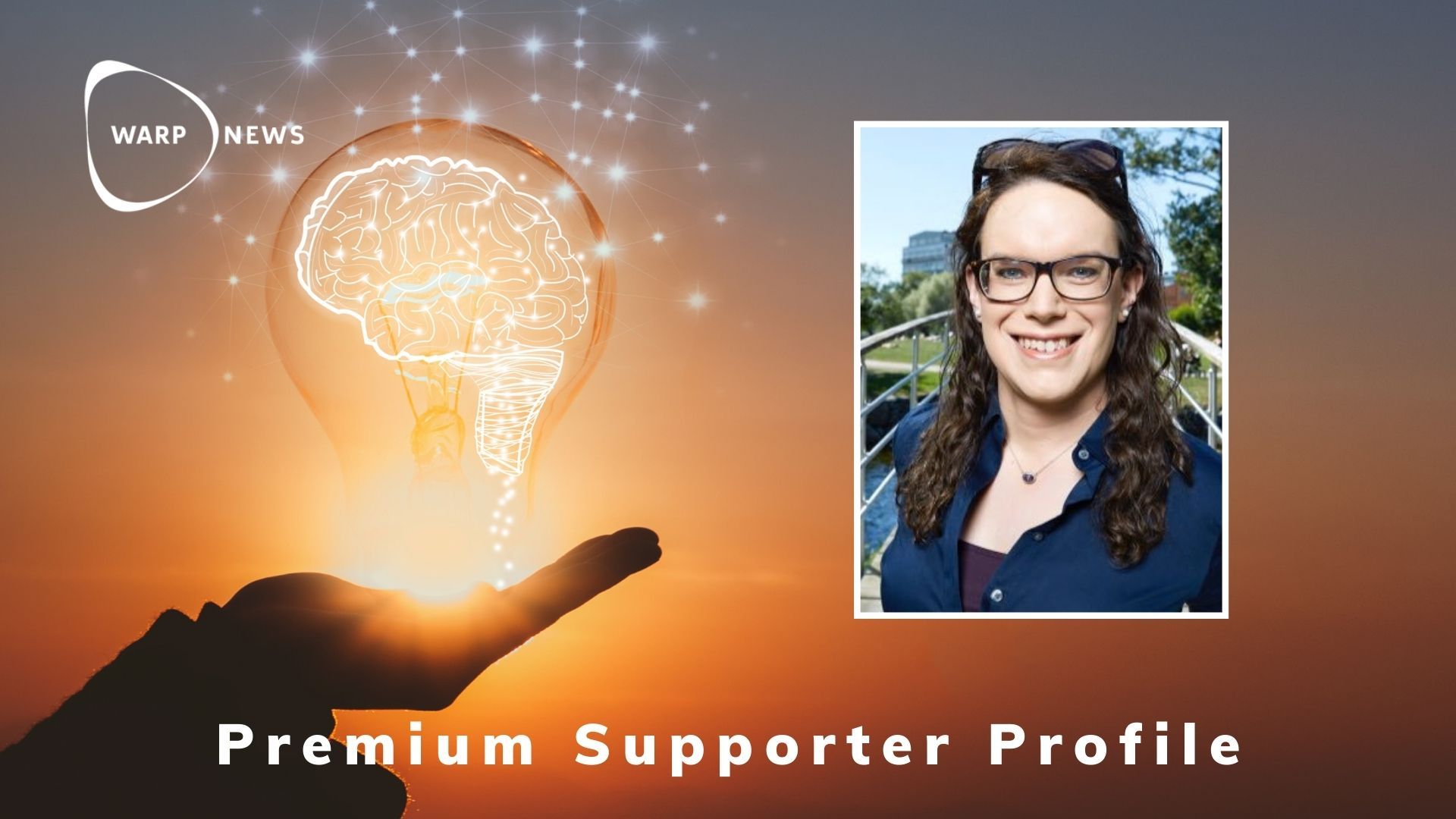Alexandra Kafka Larsson: My vision is a world where decisions are based on data - with respect to everyone's differences
She is a former intelligence officer, who now works as Chief Information Architect at Combitech. AI and VR are the technologies that will do the most good for humanity in the future, she believes.
📹 First videos of Tesla's Full-Self Driving beta - see the revolution
Excited Tesla owners test the Full-Self Driving beta software. The roll-out will provide Tesla with lots of data that it will use to upgrade and make the software better continually.
💡 The Optimist's Edge
What important truth do very few people agree with you on? In the answer lies a big opportunity. Because revolutionary ideas and global business ideas are usually not found in what is already mainstream. The fact-based optimist has this advantage because they can easily answer the question.
🛰️ NASA touches down on asteroid and collects dust to understand the origin of our Solar System
OSIRIS-REx briefly touched the surface of asteroid Bennu, and during that time collected dust samples that will be returned to Earth. Bennu is 4,5 billion years old so scientist hopes it can help us understand the origin of our Solar System.
🚀 Sweden in a space race with Norway - both countries will be able to launch satellites
The upgrade of the space center Esrange to launch satellite starts a space race between Sweden and Norway, which also aims for its first launch in 2022.
🚀 Launch offer - 50% discount on Premium Supporter
The support from Warp Premium Supporters is crucial for spreading fact-based optimistic news. We are not exaggerating, it is crucial. In return, you will gain knowledge about the future, so that you can see and take advantage of the opportunities before the pessimists. Valid until October 31.
💡 Meet the Warp News Experts that help you understand the future
One astronaut, one neuroscientist and medical doctor, one food tech expert, one future astronaut, one sustainability entrepreneur and one former professor of innovation - that will help you understand the future and get the optimist's edge.
🚘 Tesla launches full self-driving beta and Waymo offers driverless taxi
Self-driving cars are taking a step forward with Tesla launching a beta test of the significant upgrade of their autopilot and Google's autonomous driving company, Waymo, offering driverless taxi service in Phoenix, Arizona.








